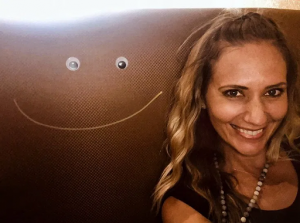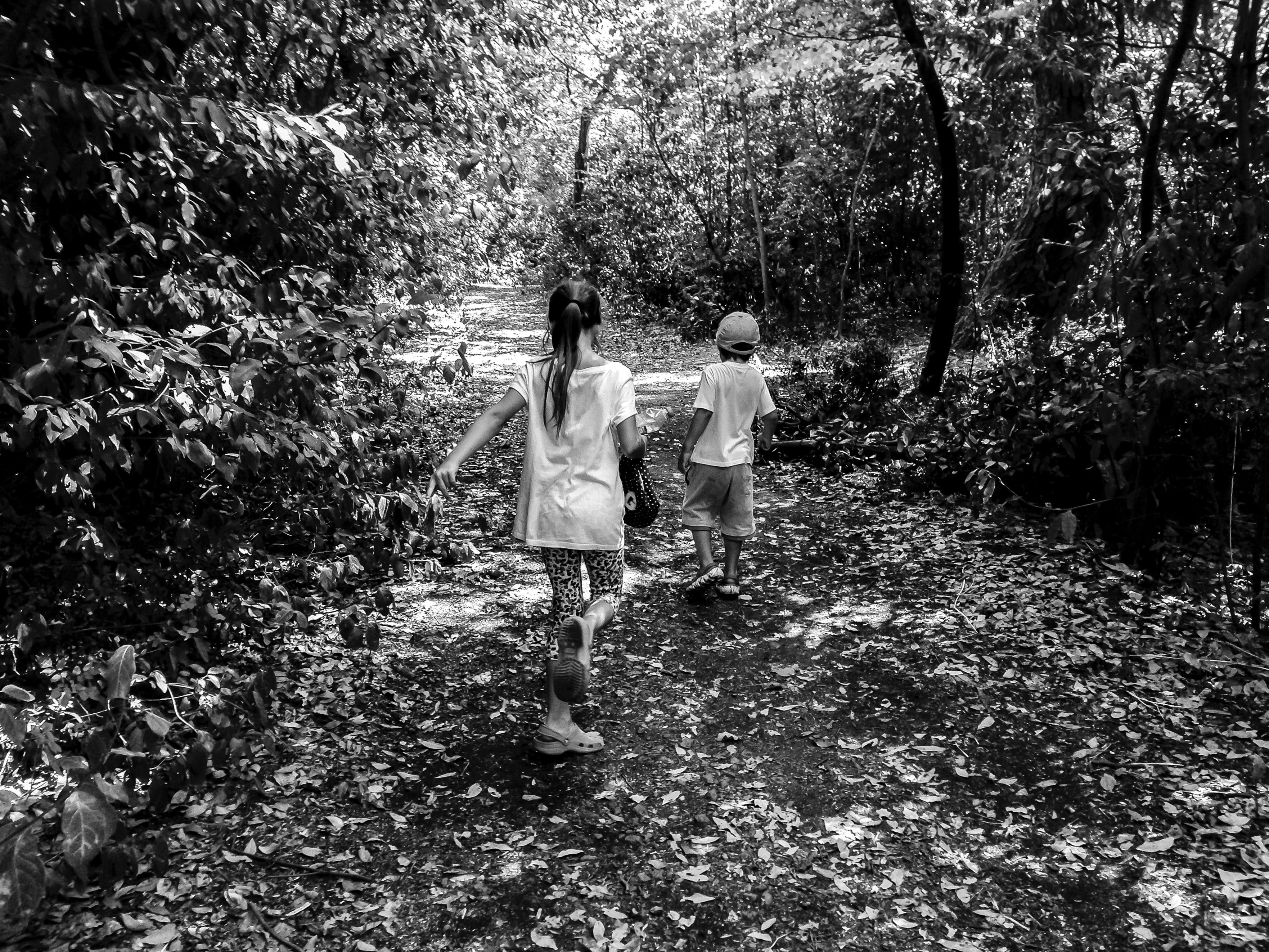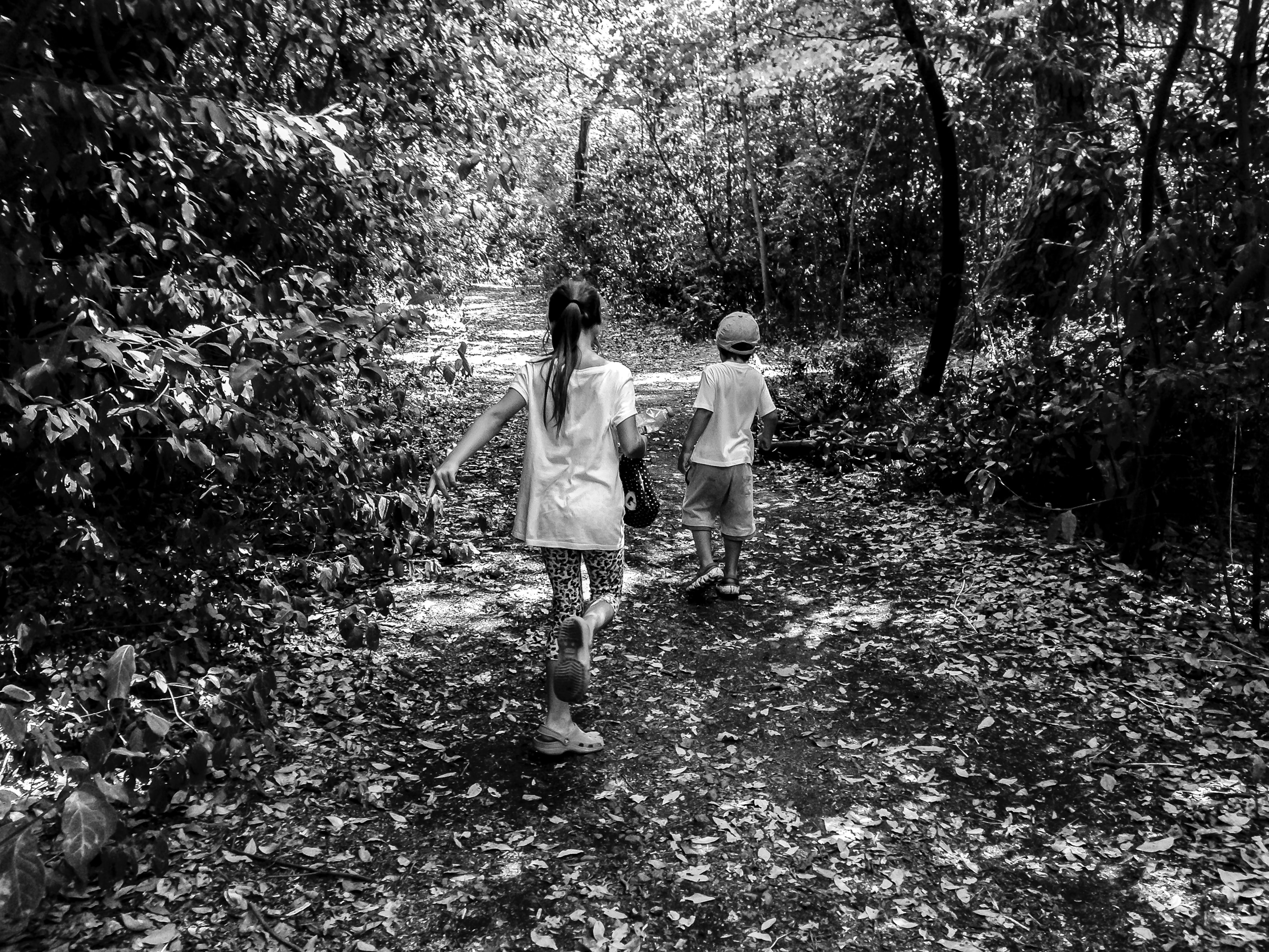1. What is the first things that comes to mind when reading the sentence ‘The Playful Voices of Academia’?
The first thing that comes to mind is a group of faculty who resist being recruited into limiting narratives and the status quo of higher education. Individually they may be just one voice in a sea of other more dominant voices but when all of those individual playful voices come together,
I imagine power and I feel inspiration. Each playful voice might have a different take on play but to me, these voices resist dominant narratives and infuse a playful intention to break norms to remake HE into something more shiny and playful.
2. When you talk about ‘professional playfulness’, how do you believe that this can be created and be integrated in one’s professional work when it comes to the playful university?
Our culture largely views “professional” and “playful” as being at odds with one another. However, this narrative limits our ability and efficacy as academics. I suggest a professional playfulness where these two ways of being can coexist. Achieving professional playfulness is a personal endeavor so there’s no concrete script but it starts with reflecting upon the status quo of professionalism that we are pressured to uphold. Then it’s assessing which aspects of “professionalism” don’t work for you. It’s about allowing your most genuine and playful self to be unapologetically infused with your work. In a simple sense, it’s not taking yourself so seriously. Challenging cultural scripts about professionalism is difficult because the pressures to fall back in line with the dominant narratives are substantial. Even if you re-write your personal narrative about professionalism, most everyone else still exists within the dominant script that believes play is trivial, childish, and a waste of time. So a disclaimer is that existing outside of the traditional image of “professionalism” may lead to perceptions of lacking professionalism in some way. So professional playfulness is a choice and a vulnerable choice. But, the benefits are well worth the risk of judgement from others.
3. What potentials, possibilities or contributions do you see play and playfulness having when designing HE courses?
I recently conducted a study on students’ experiences of utilizing a playful pedagogy in higher education and the data has convinced me of its usefulness and inspires me about the endless possibilities.
-
Play in education, even irrelevant to the content:
-
Removes barriers to learning (i.e., stress, anxiety, fear, etc.)
-
Creates relational safety (i.e., trust, community, warm humanistic environment).
-
Awakens students’ motivation (i.e., excitement, joy, drawn to challenge, focus on process over outcome, etc.)
-
Allows for vulnerable engagement (i.e., active learning, high engagement, willingness to be vulnerable, open to feedback, risk taking, etc.)
-
And this process leads to more memorable, meaningful, and personal learning experiences.
4. What is ‘the pyramid of play’? And how can it help us think about and envision the playful university?
The Pyramid of Play is how I visualize the various ways to incorporate play into the learning process.
-
1) Playfulness – this level is simply being more playful. This requires not taking yourself so seriously and being okay with reducing hierarchy and power differentials in your classrooms. This is relatively easy to incorporate: using playful wording in your syllabus or online modules. Using humor. Being more authentic and relatable to your students.
-
2) Connection-Former Activities – you probably know these as ice-breakers. These are quick and easy games or activities and many times irrelevant to the content of the course. They provide levity, joy, laughter, connection and allow students to reduce their anxiety, stress, and fear. This allows students to begin learning in a centered place.
-
3) Play to Teach Content – this is when you re-design pre-existing discussions and classroom activities to be more game-based or playful. For example, I took a discussion about therapeutic self-disclosure (didn’t change the discussion questions) and added a competition to the last 5 minutes of the activity. Based on their discussions, students had to create a list of 5 golden rules for self-disclosure then create an acrostic for the list – the most unique acrostic wins a prize.
-
4) Whole Course Design – this exceeds a simple connection-former activity or a single play activity to teach a specific concept. Here, the entire course is designed based on a playful premise. For example, a law professor, Roberto Corrada, at the University of Denver designs his entire administrative law course through the lens of Jurassic Park and challenges students to design laws and regulatory strategy for extinct animal parks.
5. What would YOU like to ask or read more about in relation to play, playfulness & academia (max 280 characters including spaces)?
The more I learn about play, the more I realize how much I still have to read. I have found relatively limited literature on play in higher education so I also borrow from and find inspiration from play literature that exists outside of education. A few books that I have on my reading list are: Play Ethic by Pat Kane, Michael Rosen’s book of Play, and Homo Ludens: A Study of the Play-Element in Culture by Johan Huizinga.
What I am interested in asking about play is what I am examining in some upcoming research projects. 1) What are the narratives of play in adulthood? How have we come to a place where play is seen as trivial and a waste of time? And 2) What are the barriers that keep faculty from being playful and incorporating play into their pedagogy?

Lisa K. Forbes is an Assistant Clinical Professor in the Counseling Program at the University of Colorado Denver. Lisa is a mental health counselor and is training to become a play therapist. Lisa’s research centers around intensive mothering practices, gender conformity, and mental health as well as play and fun in teaching and learning! Lisa co-founded a faculty group called Professors at Play and loves all things play!
You can follow Lisas work at:
www.professorsatplay.org
…Or keep the playful conversation going with her on Twitter:
PlayProfessors
… Or facebook:
professorsatplay
… Or Instagram
professors.at.play
And also find her on linkedIn:
Lisa Forbes, PhD, LPC







